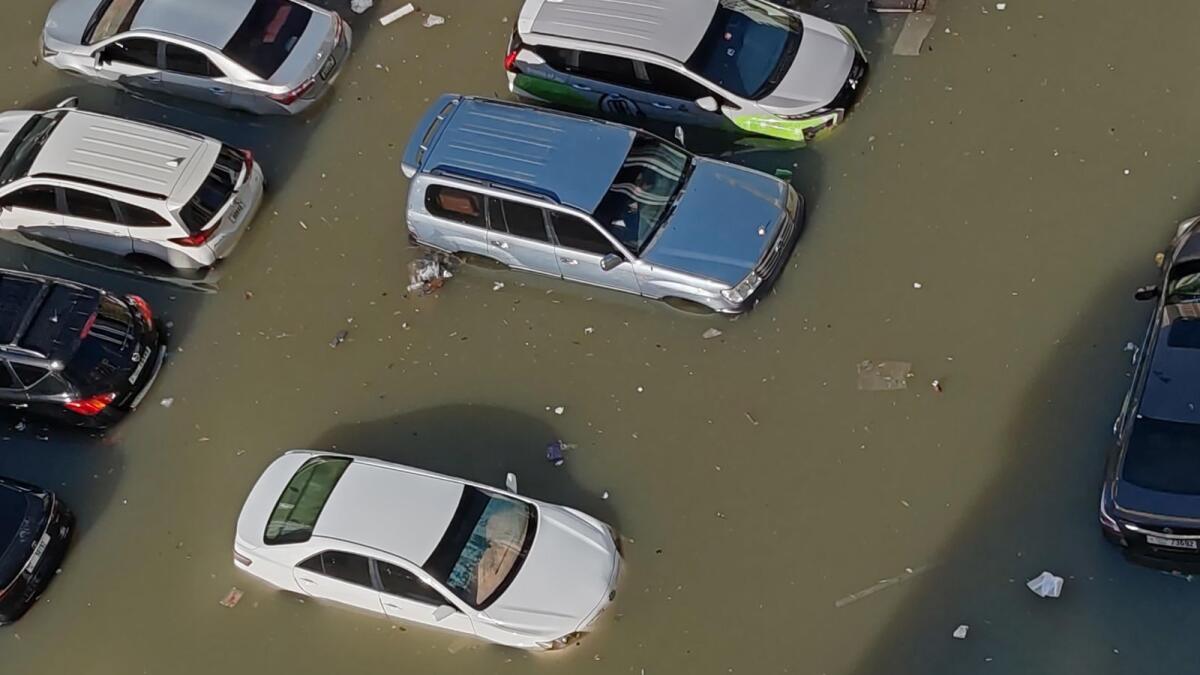In the United Arab Emirates, there has been a significant increase in vehicle insurance claims following record-breaking rains on April 16, leading insurers to become stricter when renewing policies. Brokers have warned that delays in renewing insurance policies beyond the grace period could result in higher premiums, additional fees, and inspections. The country experienced its highest rainfall in 75 years, causing widespread flooding and damage to thousands of vehicles, homes, and shops. Insurers have started increasing premium rates, especially for motorists, to offset the losses incurred due to the heavy rains.
Car insurance policies in the UAE are valid for 13 months instead of the usual 12-month term, allowing motorists a one-month grace period to renew their policy. While this grace period provides a buffer, it should not be used as an excuse for intentionally delaying registration. Anas Mistareehi, CEO of eSanad, emphasized the importance of timely renewal to avoid legal or financial consequences. Driving without valid insurance after the grace period is illegal in the UAE and can result in fines, penalties, or legal action, in addition to significant out-of-pocket expenses in case of accidents or claims.
Neeraj Gupta, CEO of Policybazaar.ae, explained that letting a car insurance policy lapse can result in losing out on potential benefits such as a No Claim Bonus (NCB) for continuous insurance. Insurers offer discounts on premiums for every claim-free year, and a break in coverage can reset the NCB to zero, leading to higher premiums when purchasing a new policy in the future. Gupta also warned that a lapse in coverage might require a reinstatement process with additional fees or inspections, and new coverage could be significantly more expensive depending on the duration of the lapse.
Gupta further highlighted that a grace period is a short window for motorists to catch up on their insurance without penalties, but longer gaps in coverage could lead to complications and increased costs in the long run. Following the heavy rains in mid-April, insurers have tightened their underwriting guidelines, making it harder for motorists with lapsed insurance policies to get approved for new coverage or face higher rates. Insurers may conduct pre-inspections and request additional declarations before issuing policies to vehicles with lapsed insurance.
Moreover, obtaining new coverage can be challenging after a car insurance policy lapses, as insurers view such motorists as higher risks. New insurers might require proof of previous insurance, and a coverage gap could result in additional scrutiny or the need to provide more documentation to prove insurability. Overall, it is crucial for motorists in the UAE to renew their insurance policies in a timely manner to avoid penalties, higher premiums, and potential financial and legal repercussions. Staying informed about insurance requirements and guidelines can help individuals navigate the process smoothly and maintain continuous coverage for their vehicles.















